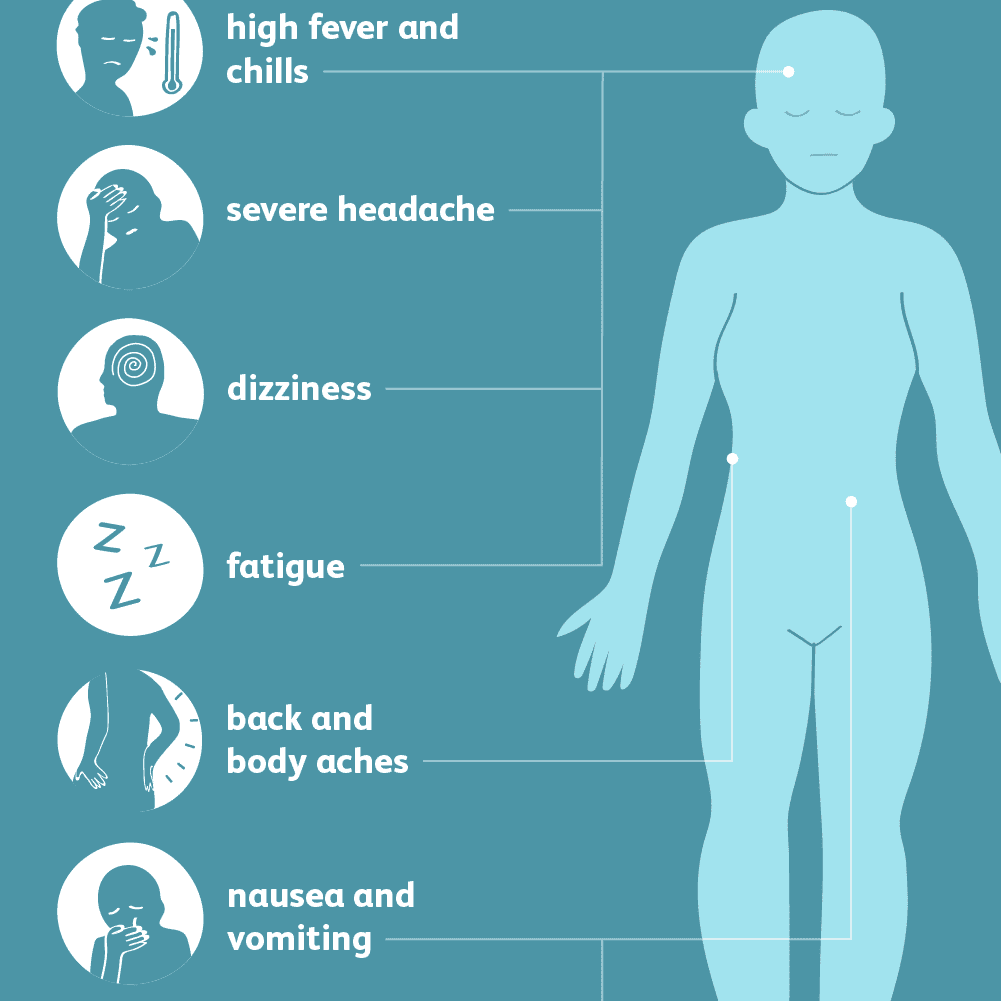Everyone nowadays is casual with fever. Fever comes and goes. No one takes it that seriously like the previous generation. But fever can sometimes be worth worrying about. Fever is defined as the rising of your average body temperature ( 37°C due to infection or invasion of external agents into the body against which the body acts, resulting in fever.
This is natural self-defense of the body and it’s necessary. Although it’s a common phenomenon and everyone experience this. Fever can sometimes be a pathway for severe issues. So it’s suggested to not take it lightly. Prevention is better than cure.
1. Medication
Medications like paracetamol, crocin, or ibuprofen are commonly advised by doctors. These help in easing your discomfort and lowering your high temperature.

These are the basic medications suggested for normal febrile conditions. In case, your fever is not reducing then you will be suggested higher doses of medicines.
2. Symptoms

- Chills
- Sweating
- Muscle pain
- Fatigue
- Dehydration
- Discomfort
- Pain in severe cases
3. How to take the temperature
There are different types of thermometers available in medical shops- anal, rectal, ear, and forehead.
- Take the thermometer and switch it on
- Place the thermometer according to the thermometer you bought respectively.

3. If it’s an electronic thermometer, place it for 5 minutes and a beep will be heard indicating to remove it. The temperature will be shown on it. Whereas if it’s a mercury thermometer, place it for 5 minutes and see the rise of mercury in the column, and note it.
4. Complications
In some cases, fever is accompanied by seizures. Especially in children when this happens, they shiver. Their limbs shake.

This may also be accompanied by loss of consciousness. The seizures eventually come and go.
5. Preventive measures
To prevent further complications, prevention should be followed and taught to children at homes and practices elsewhere.

Schools must adopt this as part of their curriculum to educate children from a very early age and make this part of their life.
- Wash your hands after coming home from outside
- Use sanitizer before eating
- Be hygienic to avoid invasion of bacteria into your body
- Avoid sharing utensils in public
- Follow specific rules of how to wash hands properly rather than just doing it for name sake.
- And cover your mouth with your hands or handkerchief while coughing or sneezing irrespective of whether you are standing in public or not.
Also Read: Why Cervical Cancer is a Widespread Disease in Indian Women?
Source: TheHealthcareDaily












